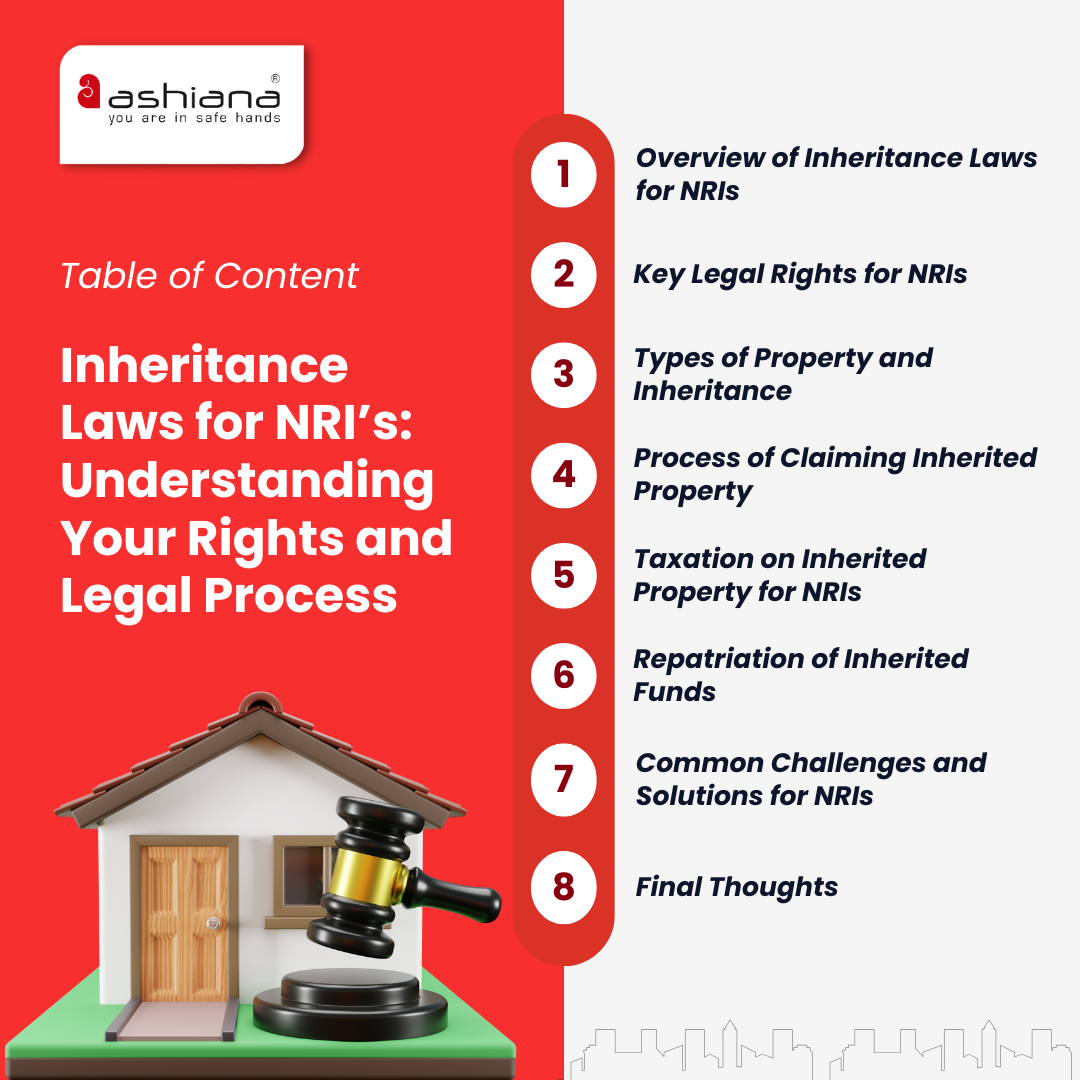

Under the property inheritance law, i.e., Hindu Succession Act, a son and daughter have the right to ancestral property by birth. A father cannot dispose of such property by excluding his rightful legal heirs. A father cannot transfer/ sell or gift such property according to his discretion to any third person.
While the division of land is the most direct outcome of inheritance, it can indirectly contribute to other issues such as land disputes, and, in some cases, may influence land use and contribute to environmental concerns.
Ashiana, Ashiana Housing build homes. Homes surrounded by vast green spaces and fresh breeze. Homes cocooned in secured gated complexes. Homes where futures are forged and there are opportunities to grow. And Homes in environments brimming with healthy activity, trust and respect. At heart, we build communities with care.
Other posts by Ashiana
Join 1000+ of fellow readers. Get expert real estate knowledge straight to your inbox absolutely free. Just enter your email address below.